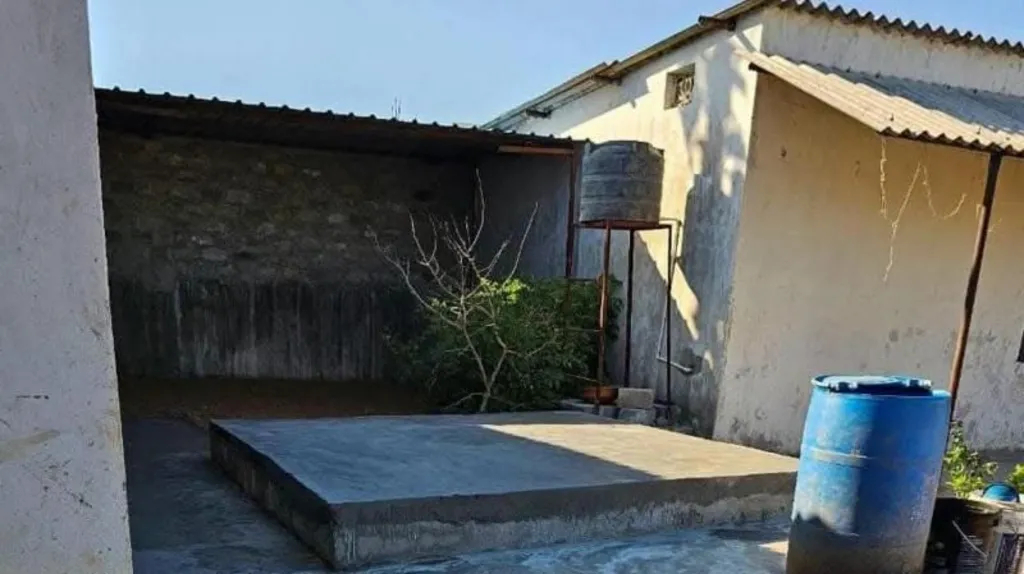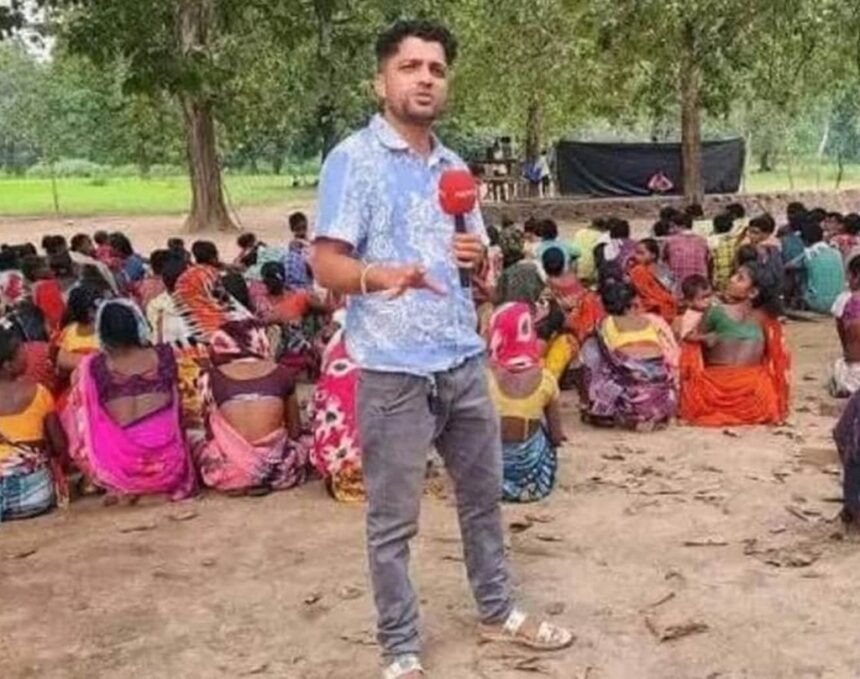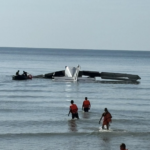The body of an Indian freelance journalist Mukesh Chandrakar known for covering endemic corruption of top official in India has been discovered in a septic tank located in India’s Chhattisgarh state.
Mukesh Chandrakar, aged 32, was reported missing on New Year’s Day, prompting his family to file a complaint with law enforcement authorities. Authorities discovered his body on Friday within the premises of a road construction contractor in the Bijapur town area, following a mobile phone tracking operation by officers.
Authorities have taken three individuals into custody in relation to his death, with reports indicating that two of those arrested are family members. A media watchdog is calling for a comprehensive investigation.
Authorities in the Bijapur district reported that their preliminary investigation of the compound on January 2 yielded no significant findings.

On 3 January, a thorough inspection led to the discovery of Mukesh’s body in a newly floored septic tank located near a badminton court. A senior police officer stated that concrete slabs had been placed over the tank.
Authorities reported that Mukesh’s body exhibited significant injuries indicative of a blunt-force assault.
Mr Chandrakar, a freelance journalist, had reported widely on alleged corruption in public construction projects. He also ran a popular YouTube channel, Bastar Junction.
Following his death, the Press Council of India called for a report “on the facts of the case” from the state’s government.
The chief minister of the state described Mr Chandrakar’s death as “heartbreaking”.
A special investigation team has been established to look into the case, according to a recent post on X.
Indian media reports indicate that among those arrested in connection with the journalist’s death is a cousin of the victim.
Authorities are currently pursuing the owner of the compound and a relative of the victim, who is now considered one of the primary suspects in the case and remains at large.
In a bold display of solidarity, local journalists gathered to protest, calling for stringent measures to be taken against those accused of wrongdoing.
In India, incidents targeting journalists who cover issues related to corruption or environmental degradation are frequently reported.
In May 2022, Subhash Kumar Mahto, a freelance journalist recognised for his coverage of individuals engaged in illegal sand mining, was tragically shot in the head by four unidentified assailants outside his residence in Bihar.
According to media watchdog Reporters Without Borders, India ranks among the world’s most perilous nations for journalists, with an alarming average of three to four reporters losing their lives annually in connection with their professional duties.
Related News:
Thai Immigration Capture Man Wanted in India for Murder

Geoff Thomas is an award winning journalist known for his sharp insights and no-nonsense reporting style. Over the years he has worked for Reuters and the Canadian Press covering everything from political scandals to human interest stories. He brings a clear and direct approach to his work.














